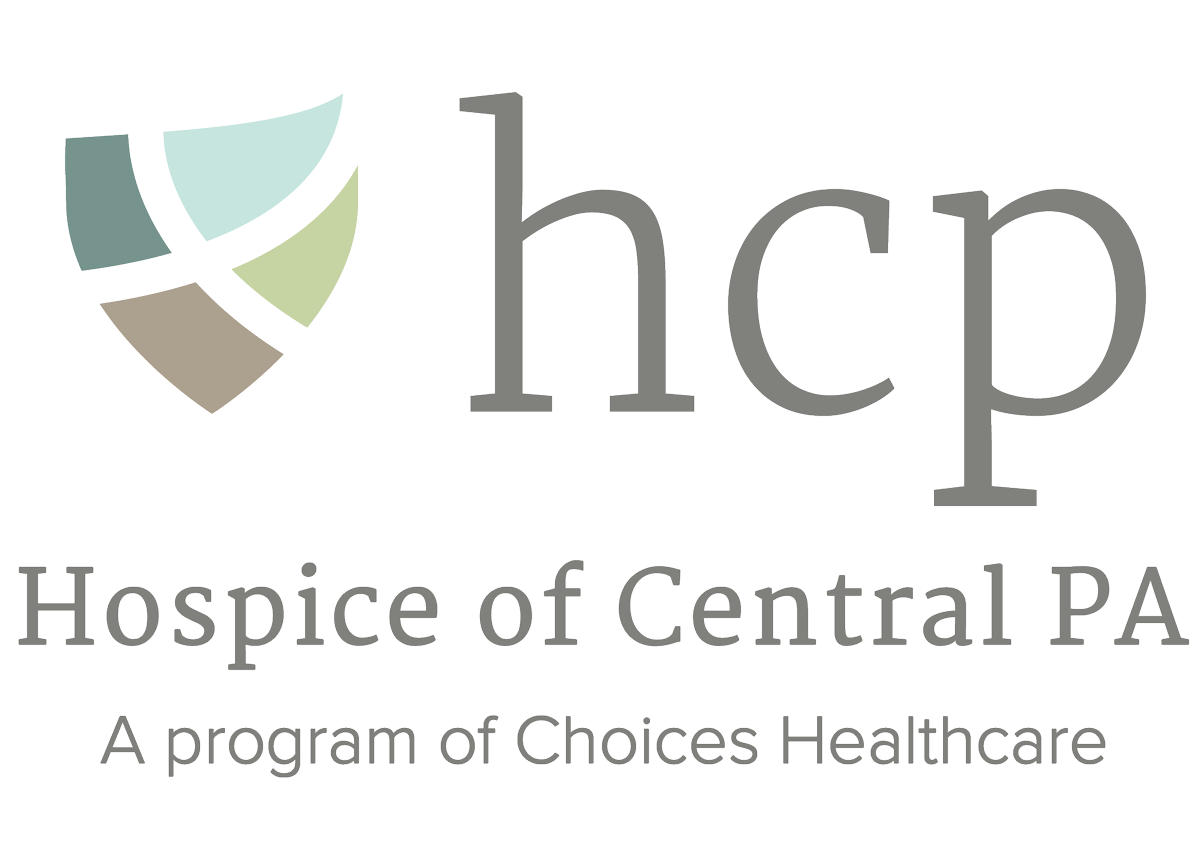When it comes to end-of-life considerations (also known as advance directives), some of us are proactive while many of us delay. There is no doubt that this is a difficult and uncomfortable topic to address. Yet, creating a plan while you and your loved one are healthy assures that your wishes will be clear when the emotion and stress of serious illness occur. But how do you begin?
The most important participants in this discussion are your immediate family. Often, the hardest part of beginning this conversation, is just getting started. Consider engaging your family doctor, clergy, and possibly an estate attorney, all of whom are accustomed to gently initiating a sensitive conversation. If a life-limiting illness is diagnosed, hospice staff and its caregivers have been educated to help guide you as well. This care team includes physicians, social workers, nurses, chaplains, certified nursing assistants, and volunteers. These professionals know that just as every life is unique, so too are your goals at end of life. The hospice team is there to provide direction and clarity. It is comforting for a patient to know that hospice care is provided in the place they call home.
If contacting a third party is uncomfortable at first, information is available in print and on the internet. But with that comes a word of caution that do-it-yourself planning is not always the best course. Emotional support and understanding may be needed at this time. However, doing some initial research on your own, will supply you with an understanding of the steps that must be addressed in order to develop your plan.
A plan may not be accomplished in a single conversation, or even two. Tackle one aspect at a time. Taking this stepped approach will keep the process on track while not adding anxiety or a sense of being overwhelmed. It’s always a good idea to recognize the accomplishment of each conversation. We’ve had families tell us that this process often reveals stories about the lives of parents and their children that otherwise may never have been told.
By having a plan in place, end-of-life wishes are respected, allowing a focus on what is important at the time of loss.
